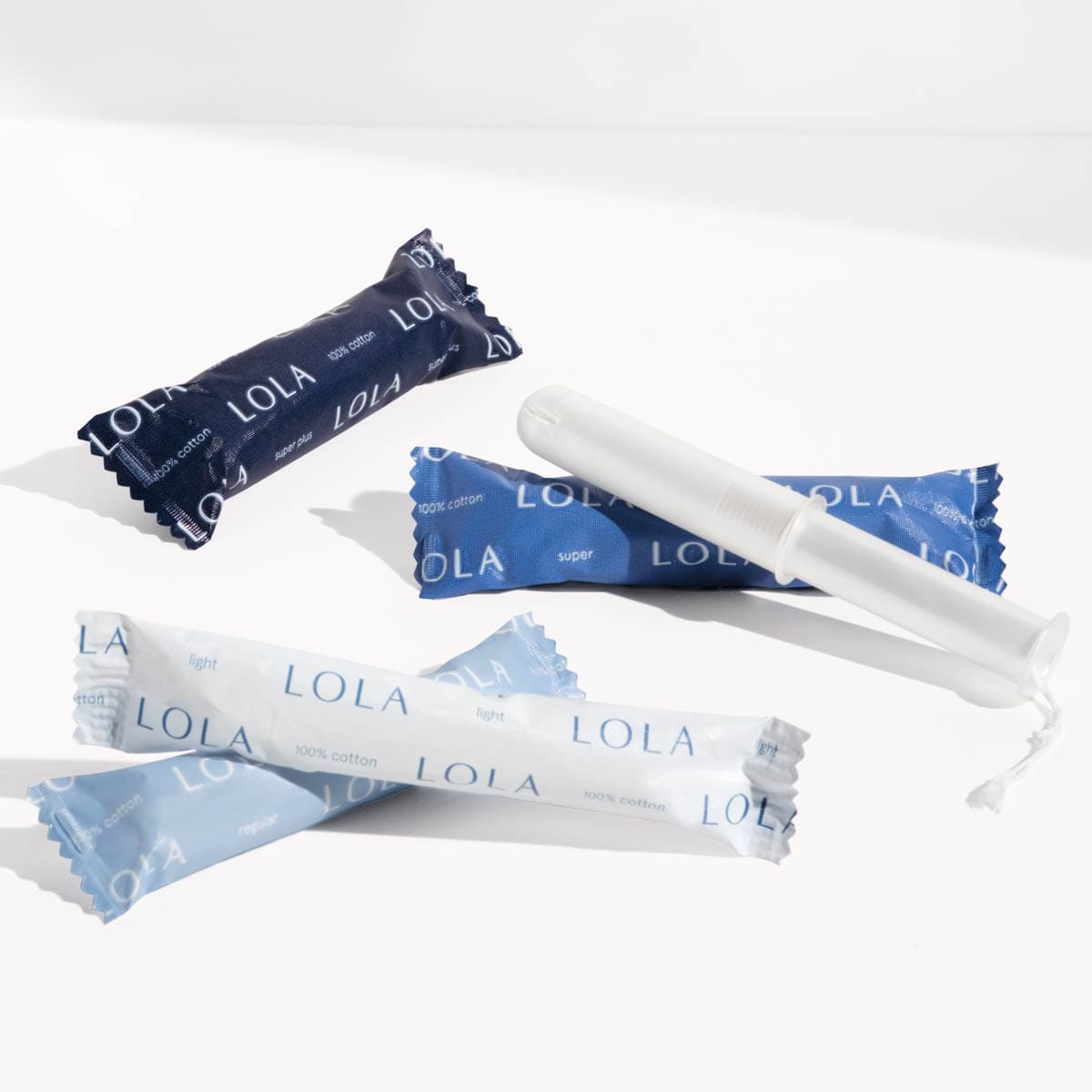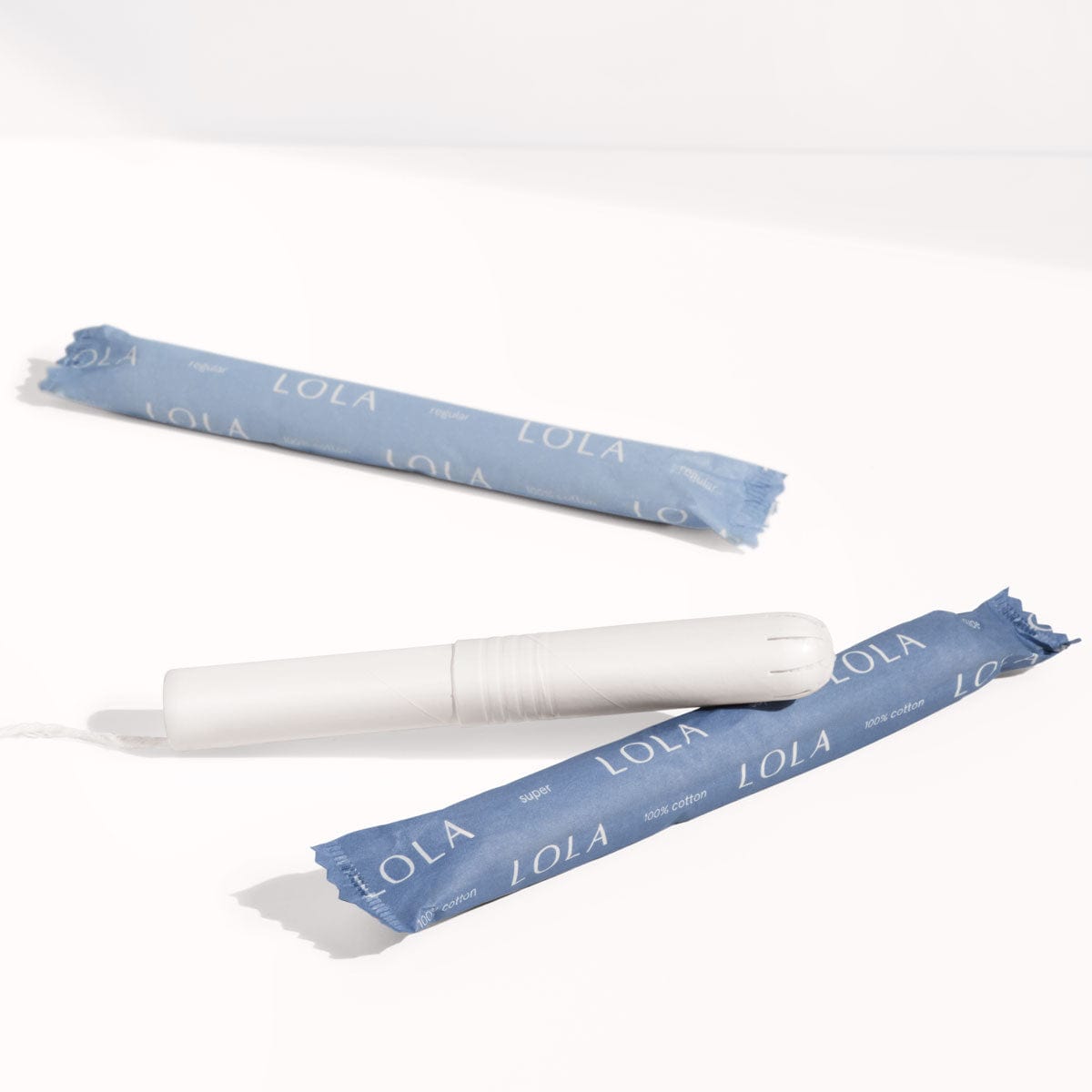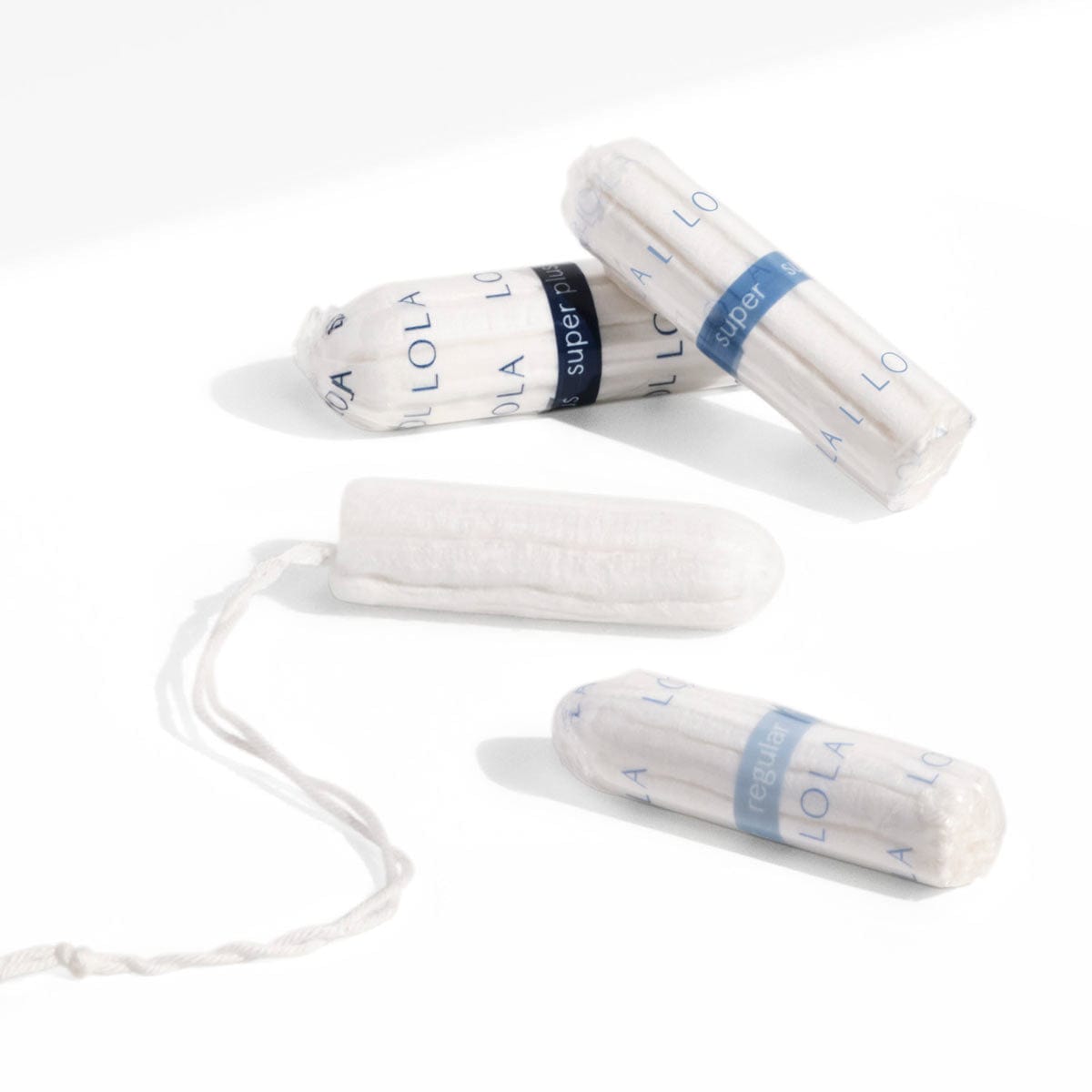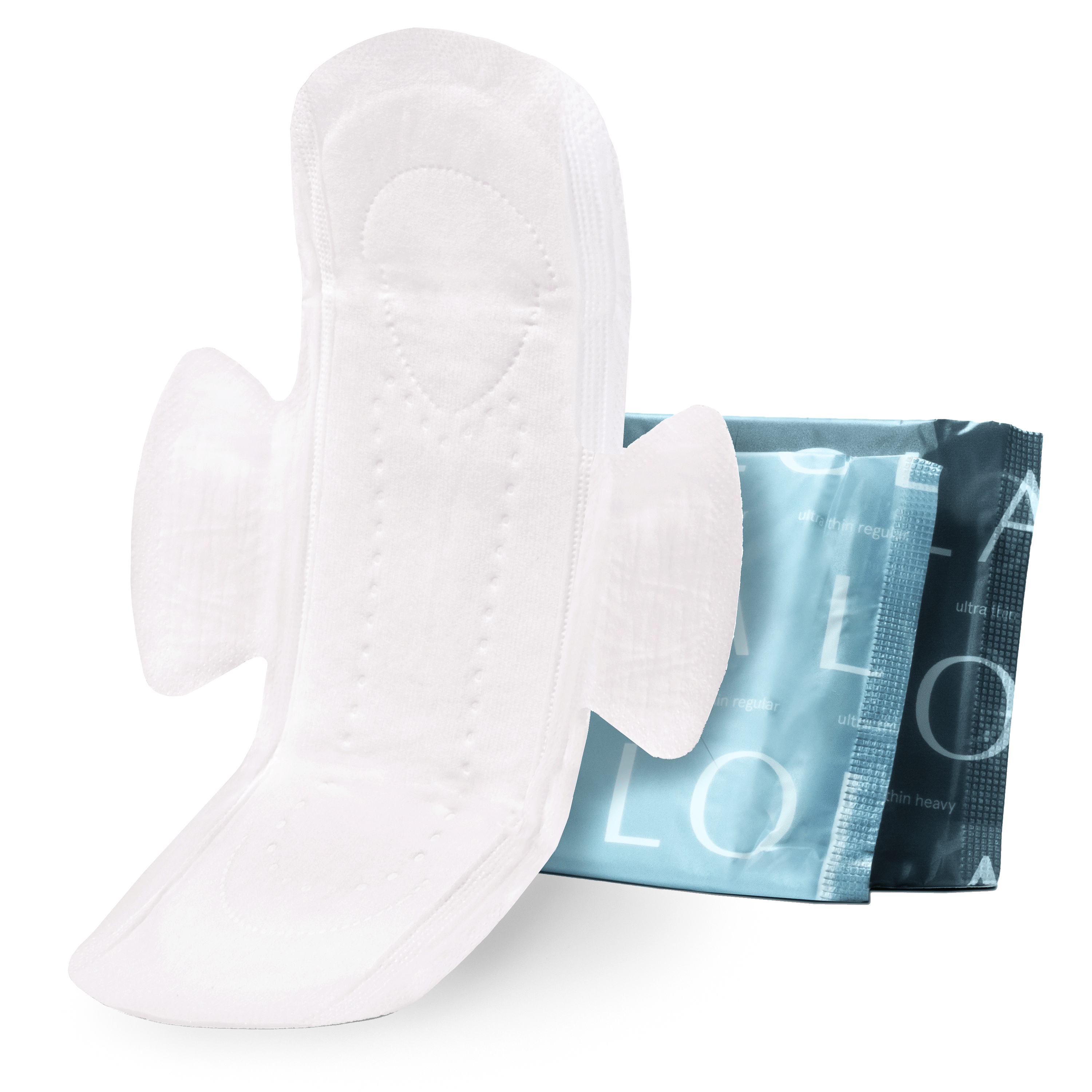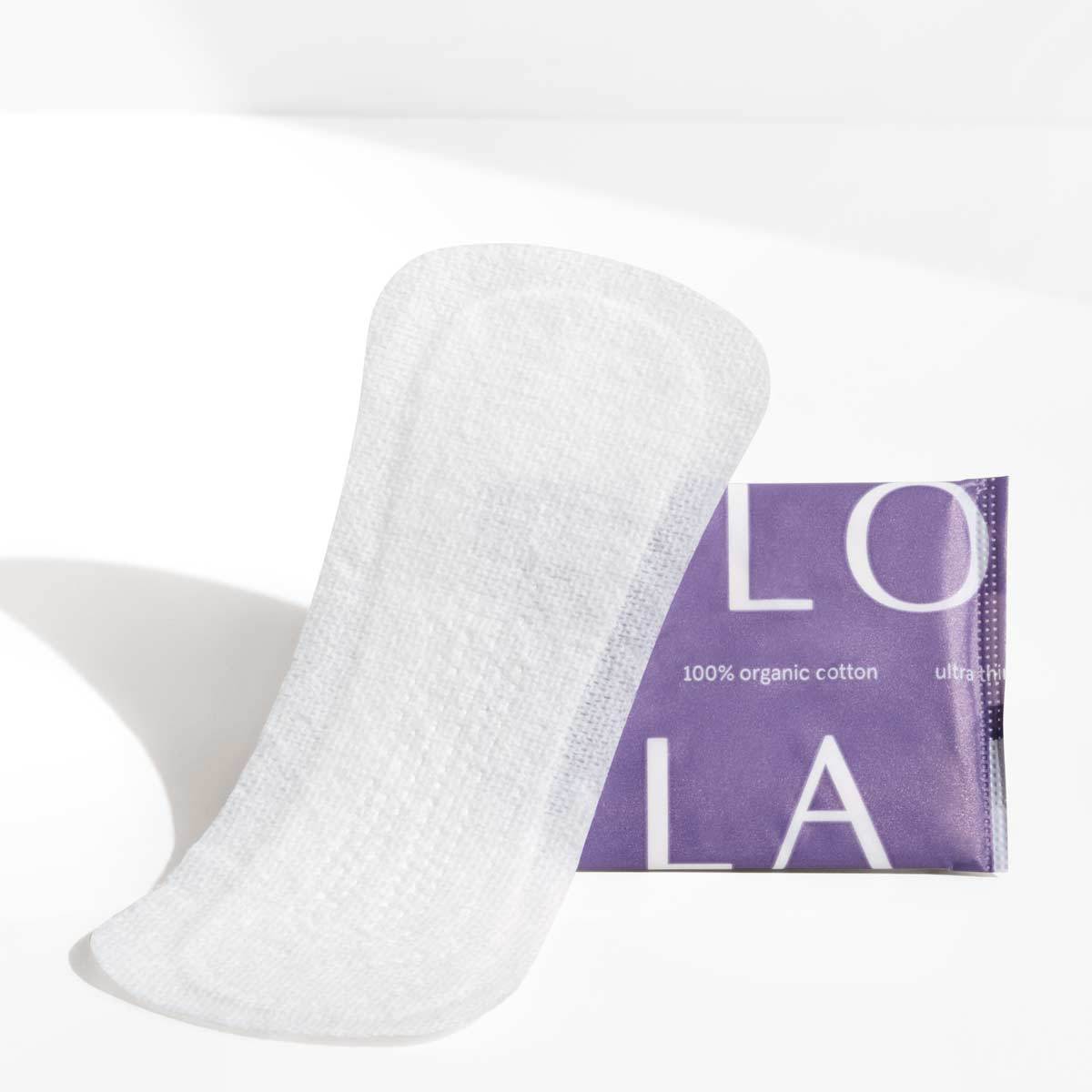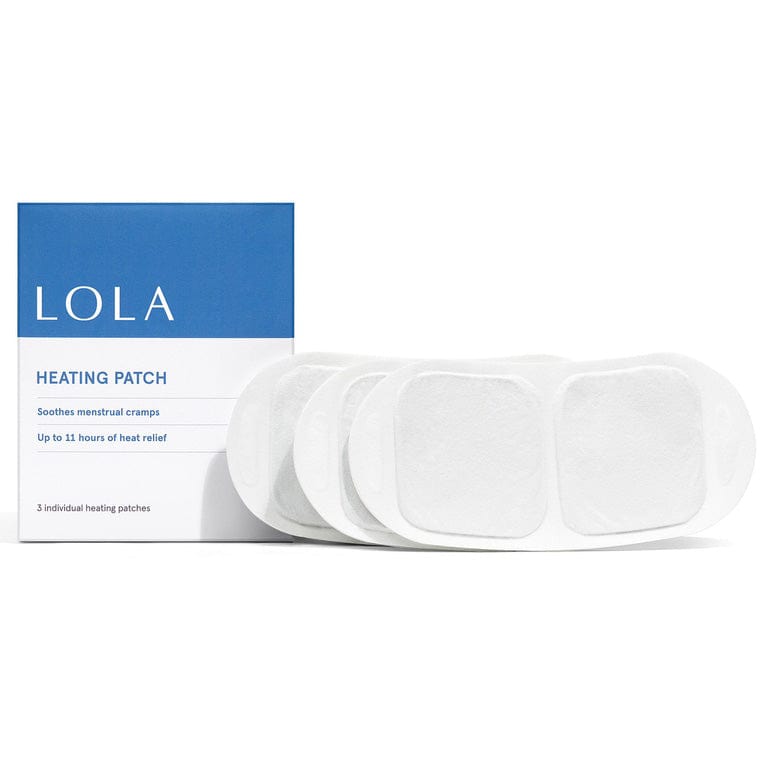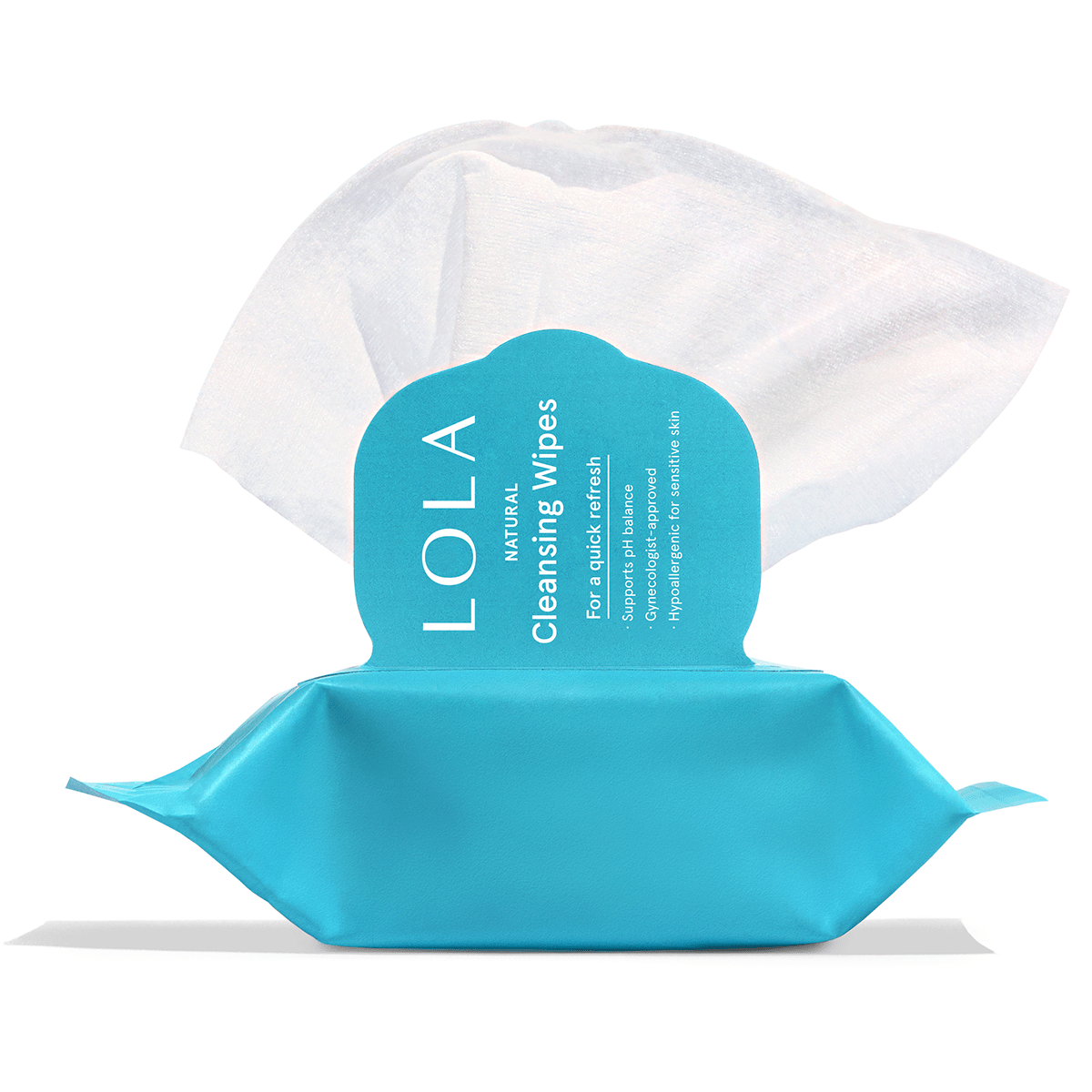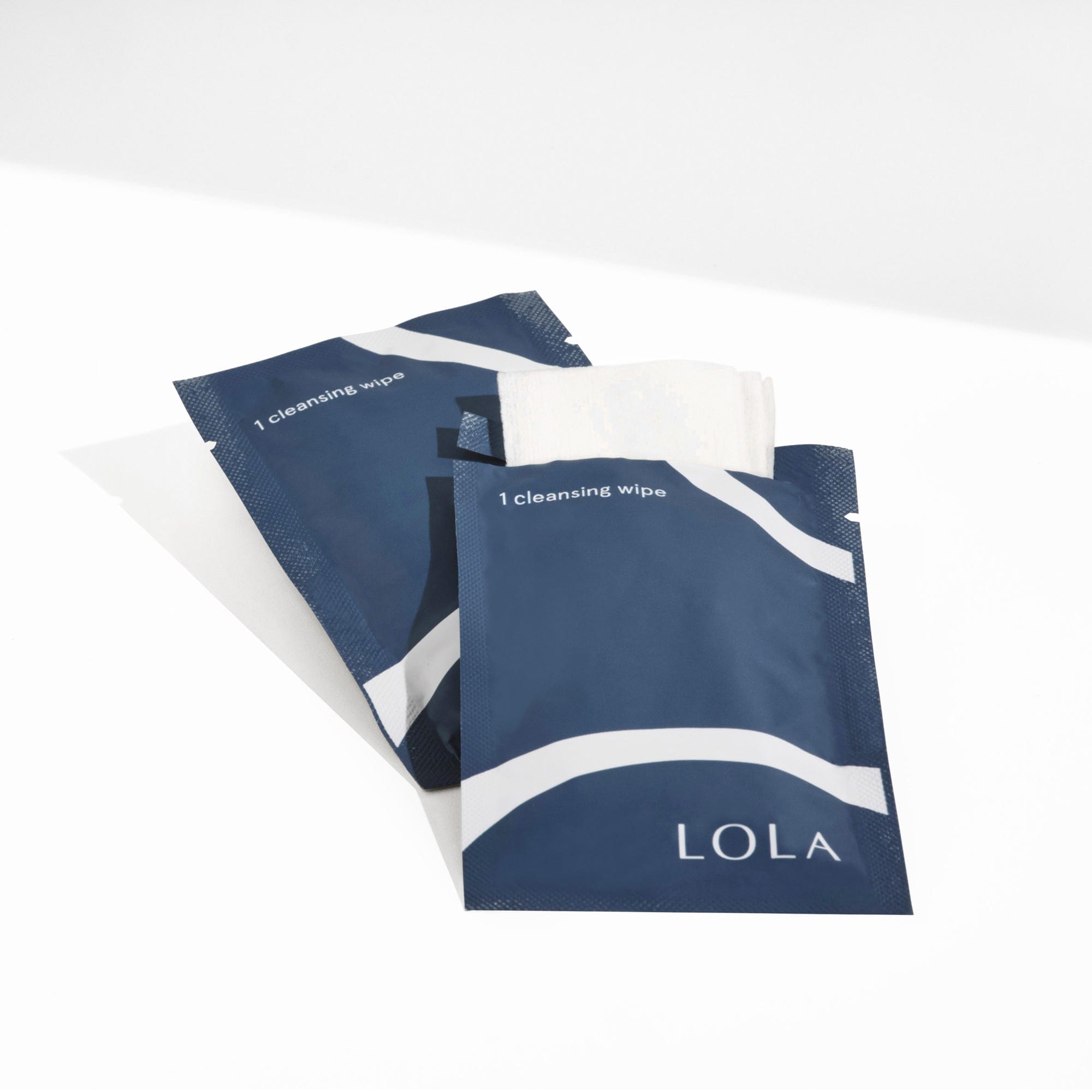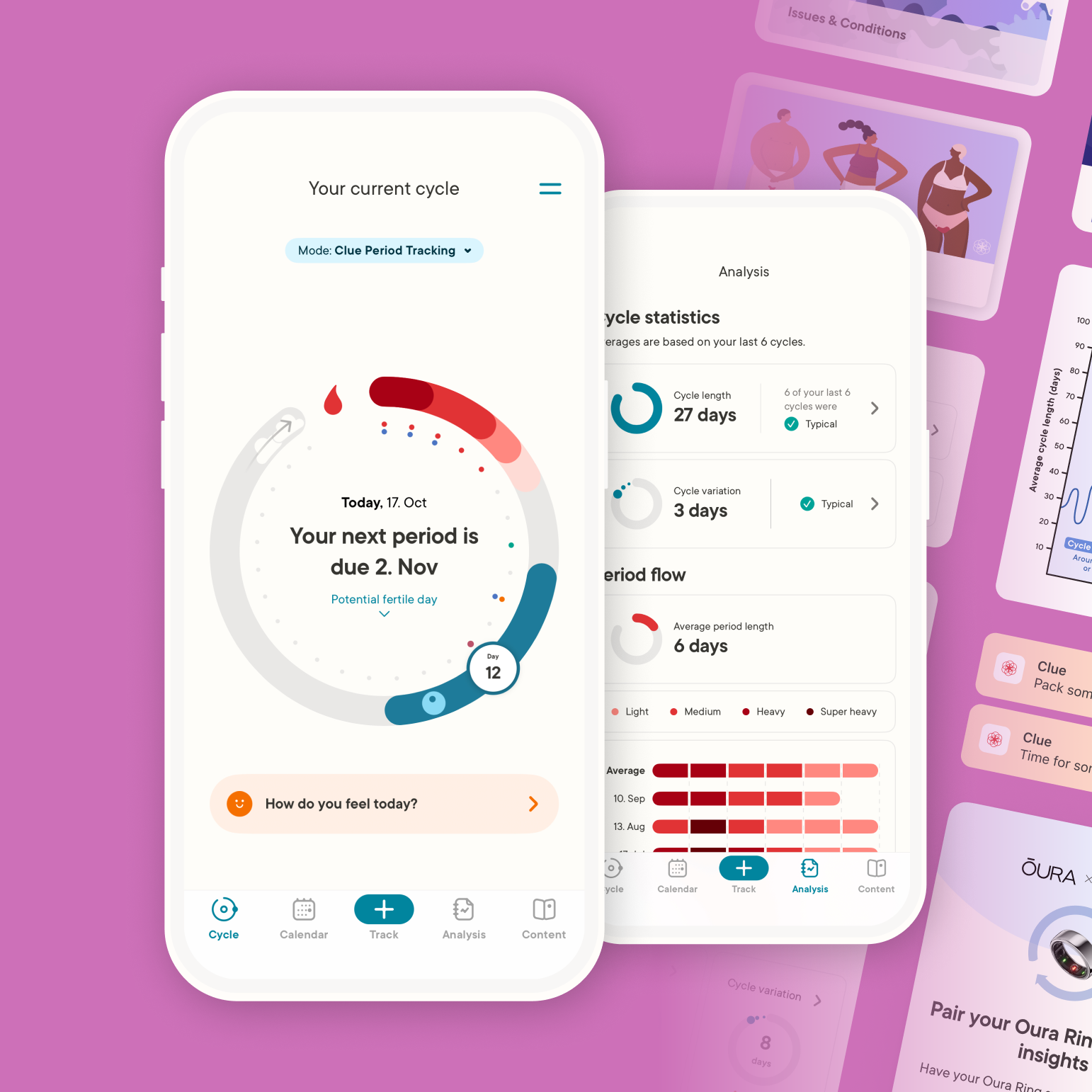Whether you're a stickler for science or an enthusiast of woo-woo wellness (or a bit of both), it's hard to ignore the unusual connection between the menstrual and lunar calendars. According to data from the period-tracking app Clue, the average menstrual cycle is 29 days, which is oddly similar to the 29.5 day-long lunar cycle. Just as the moon goes through various phases during the month, our hormones and fertility very much wax and wane, too.
After all, the moon does govern ocean tides " can it regulate our cycles and fertility, too? While there's certainly something mystical and powerful about being in tune with Mother Nature, it's unclear if the connection between astrology and biology is merely a coincidence or supported by clinical evidence. To get to the bottom if it, we explored the fascinating connection between the moon and menstruation to learn if the two are truly in tune.
Wait " you lost me at "˜lunar cycle'
Just to make sure we're on the same page: the lunar cycle refers to the amount of time between one new moon (the phase of the moon when its in alignment with the sun and is invisible from Earth) and the next. Similarly, your menstrual cycle begins with the first day of bleeding and ends the day before your next period.
What's the connection between these cycles?
According to Alisa Vitti, a period expert and the founder of Flo Living, many believe the lunar and menstrual cycles are synchronized. "The new moon is traditionally associated with menstruation. If you get your period with the new moon, this is known as a White Moon Cycle," she explains on her website. "The full moon is traditionally associated with ovulation, but some women do get their period on the full moon and this is called a Red Moon Cycle."
Vitti notes that White Moon Cycles are thought to be more common than Red Moon Cycles, due to the additional light emitted from the full moon. The extra light makes the earth (and its inhabitants, apparently) more fertile. Hence, ovulation " the most fertile point of the menstrual cycle " is more likely to be experienced during the new moon according to Vitti. If you've read the well-known book The Red Tent, a story about ancient womanhood, you'll recall that Dinah and her mothers enter the red tent to menstruate and celebrate the new moon.
Vitti adds that women who have a Red Moon Cycle have historically been considered healers or medicine women. Because they ovulate when most other women experience their period, they can provide care and comfort to these menstruating women.
What science and research has to say
Until recently, most of the research comparing the lunar and menstrual calendar was conducted in the 1980s. For example, a 1986 study observed 826 female volunteers between the ages of 18 and 25 with normal menstrual cycles, and found that 28.3 percent menstruated during the new moon, while the rate of menstruation was anywhere from 8.5 to 12.6 percent during other times during the month. This statistically significant difference suggests that menstruation may be more common during the new moon.
But in 2016, the Clue team decided to do their own research, after multiple users requested that the lunar calendar be added to Clue's period tracking mobile app. The data science team analyzed 7.5 million cycles from 1.5 million users and found no correlation between the lunar phases and the menstrual cycle or period start date. "What you normally hear is that you ovulate around the full moon and get your period around the new moon," said Dr. Marija Vlajic Wheeler, a data scientist at Clue. "Looking at the data, we saw that period start dates fall randomly throughout the month, regardless of the lunar phase."
What this means for you and your cycle
Given that the most recent evidence with a very large sample size points to no correlation between the menstrual and lunar cycle, it's unlikely there's a connection. However, if you're on a White Moon or Red Moon Cycle, that's cool " especially if you derive personal meaning from this experience. But if you're not on one of these cycles, there's no need to worry. "Your menstrual cycle might be regular " about the same length every month " or somewhat irregular," write experts at the Mayo Clinic. "Within a broad range, "˜normal' is what's normal for you."
To figure out your "˜normal,' The Mayo Clinic emphasizes the importance of paying attention to your period. How long is it? How heavy or light is your blood flow? How often do you need to change your cotton tampons or cotton pads? Do you notice symptoms like cramping or bloating? Answering these types of questions is how you'll be able to recognize unusual changes. While menstrual irregularities usually aren't serious, some need to be addressed by a medical professional.
